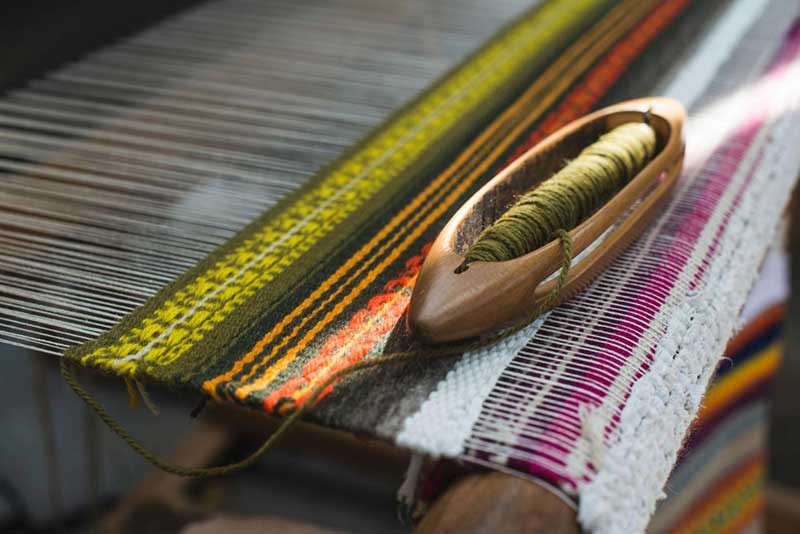
If you can think of a yarn, there is a good chance that it has been used in a carpet. While the vast majority of modern carpets are made from synthetic materials like nylon yarns, natural fibres remain an option for carpets. Indeed, natural fibres are again becoming increasingly common for their environmental and physical attributes.
Synthetic yarns
Among the synthetic materials available, nylon, polyester and polypropylene are the most common options. Each has different characteristics suitable for different applications. Polyester and polypropylene yarns are available at lower prices, making them attractive options for commercial applications.
Nylon yarn in carpeting
Nylon is generally the most hard-wearing synthetic yarn used for carpets, although it comes at a cost premium. Carpets made from nylon yarns are quite stain resistant, which is a property of the base yarn. Nylon’s hard-wearing properties do not come at the expense of its comfort – nylon carpeting is very soft, like the nylon yarn it is made from.
Polyester yarn in carpeting
Polyester carpets and rugs are normally somewhat less durable than an equivalent nylon carpet or rug, but they are more stain-repellent, which is a property of the base polyester yarn. The quality of the base yarn matters to the final carpet or rug – a good quality polyester may be more durable than a low-quality nylon. Polyester carpeting can also be just as soft as nylon carpets; advances in polyesters and nylons mean that their yarns and carpets can be incredibly soft.
Polypropylene yarn in carpeting
Polypropylene is somewhat less resilient than some other synethetic yarns. Carpets made from polypropylene are not well suited to highly trafficked areas, but they do well in more lightly trafficked ones. Polypropylene is relatively more affordable however and is highly resistant to fading from sunlight.
Aside from the characteristics of the component yarn, carpet durability is also determined by its type. Commercial carpets can be very hard wearing despite using lower cost yarns like polyester; mainly at the cost of softness, commercial carpets achieve their durability by using small loops above the surface, as opposed to large loops or tufted piles.
Natural yarns
Among the synthetic materials available, nylon, polyester and polypropylene are the most common options. Each has different characteristics suitable for different applications. Polyester and polypropylene yarns are available at lower prices, making them attractive options for commercial applications.
Wool yarn in carpeting
Wool is the most common natural yarn used in carpets. It is soft and hard wearing, although it is susceptible to mould. While an attractive option as a carpet material, it is notably more expensive than synethetic options, meaning that it is generally only used in more luxurious carpets. It is the yarn of choice for many handmade carpets; handmade Persian carpets, for example, predominantly use wool for the carpet’s pile, while using cotton for the warp and weft.
Silk yarn in carpeting
Silk is a far less common yarn choice for carpets, although it is still used. It is less hard wearing than wool as a pile material but is more hard wearing than you would initially believe. It is moderately resistant to wear, which is why it is used in a number of Persian and Oriental rugs.
Cotton yarn in carpeting
Cotton is also a common flooring material, although more so for rugs than carpets. You will find cotton rugs for sale in major stores like John Lewis and IKEA. Cotton as a material is incredibly soft, meaning that cotton rugs can be incredibly comfortable underfoot. However, durability is of some concern; cotton is less durable than wool, meaning it should be avoided in areas with heavy foot traffic.
Jute yarn in carpeting
Polypropylene is somewhat less resilient than some other synethetic yarns. Carpets made from polypropylene are not well suited to highly trafficked areas, but they do well in more lightly trafficked ones. Polypropylene is relatively more affordable however and is highly resistant to fading from sunlight.

